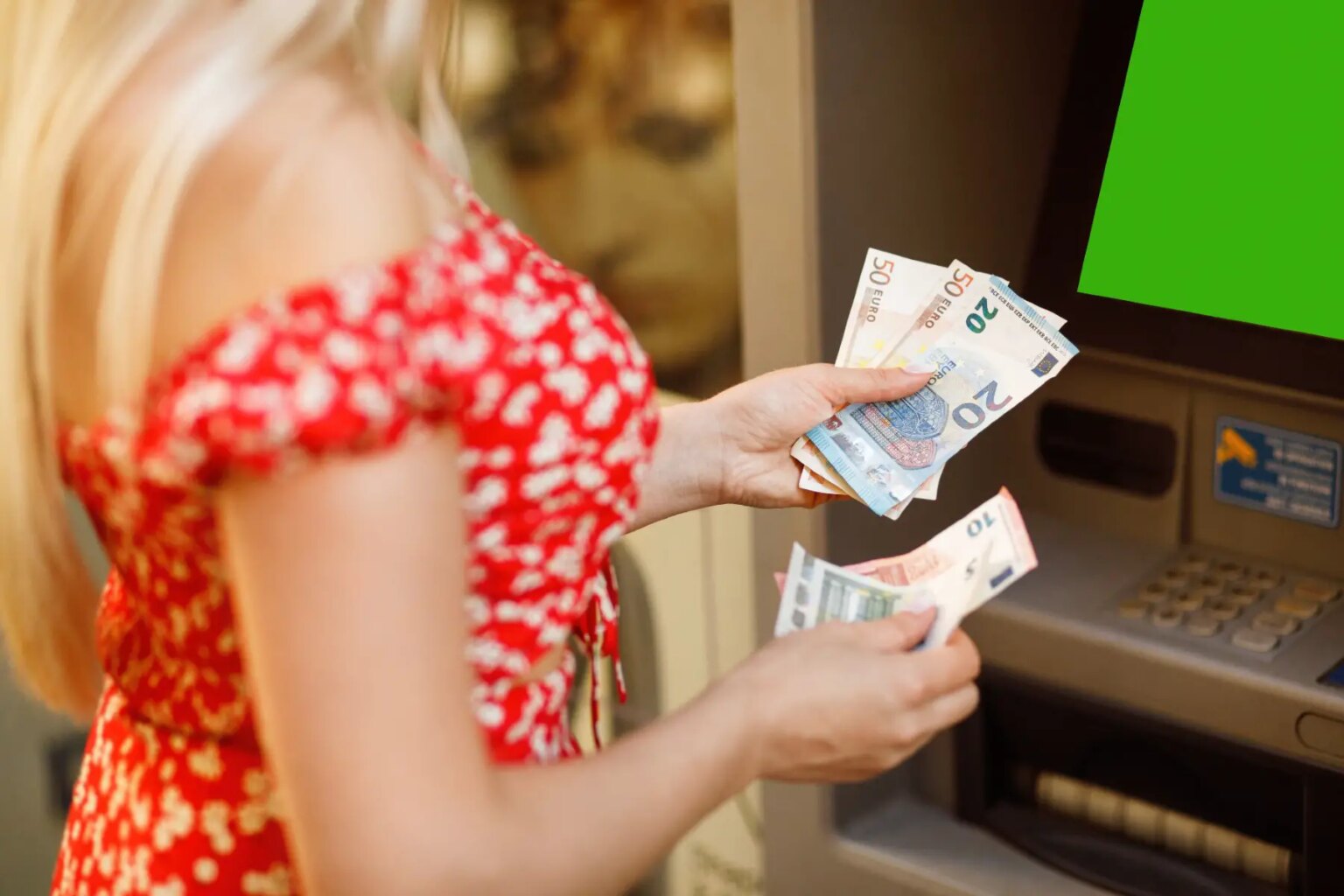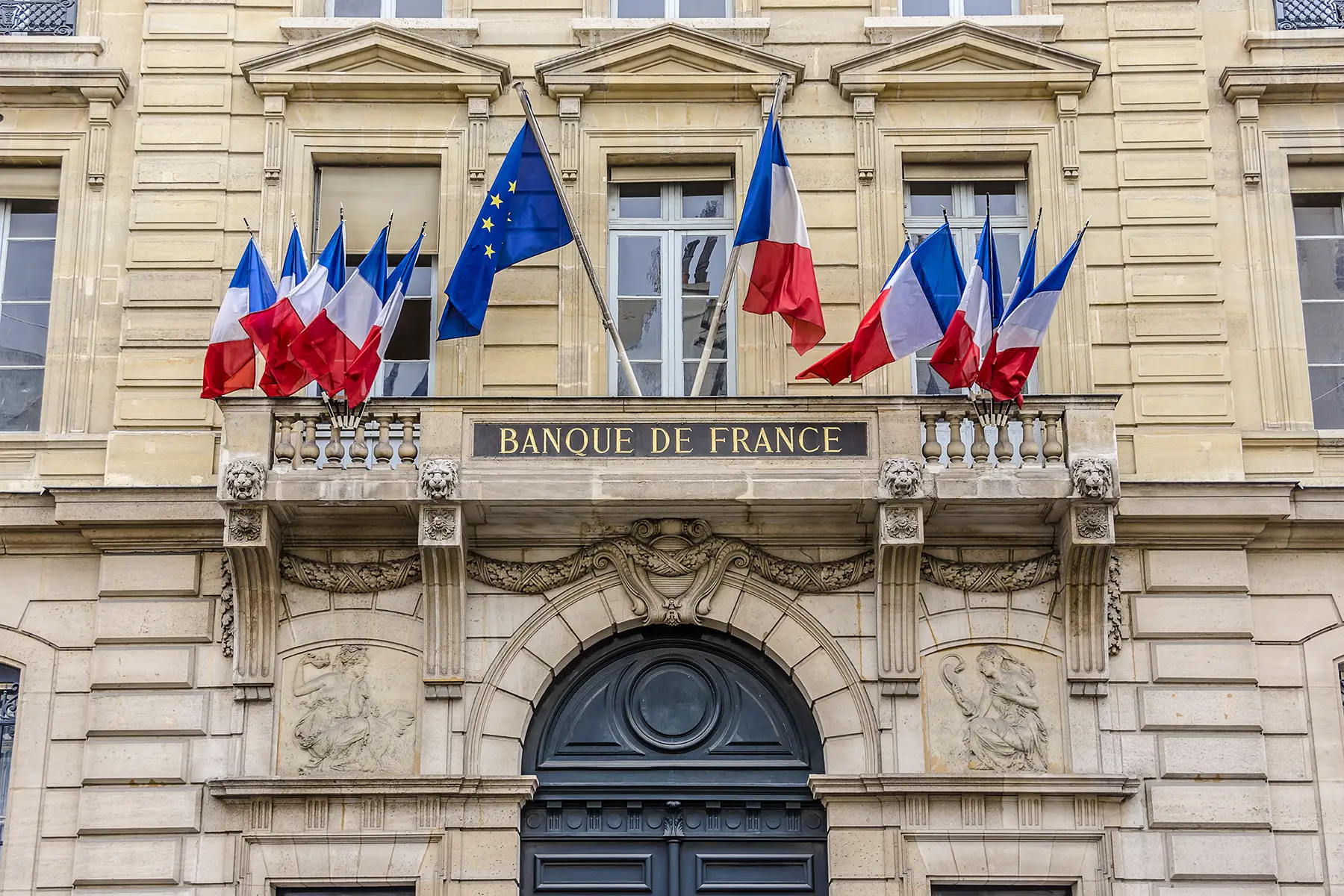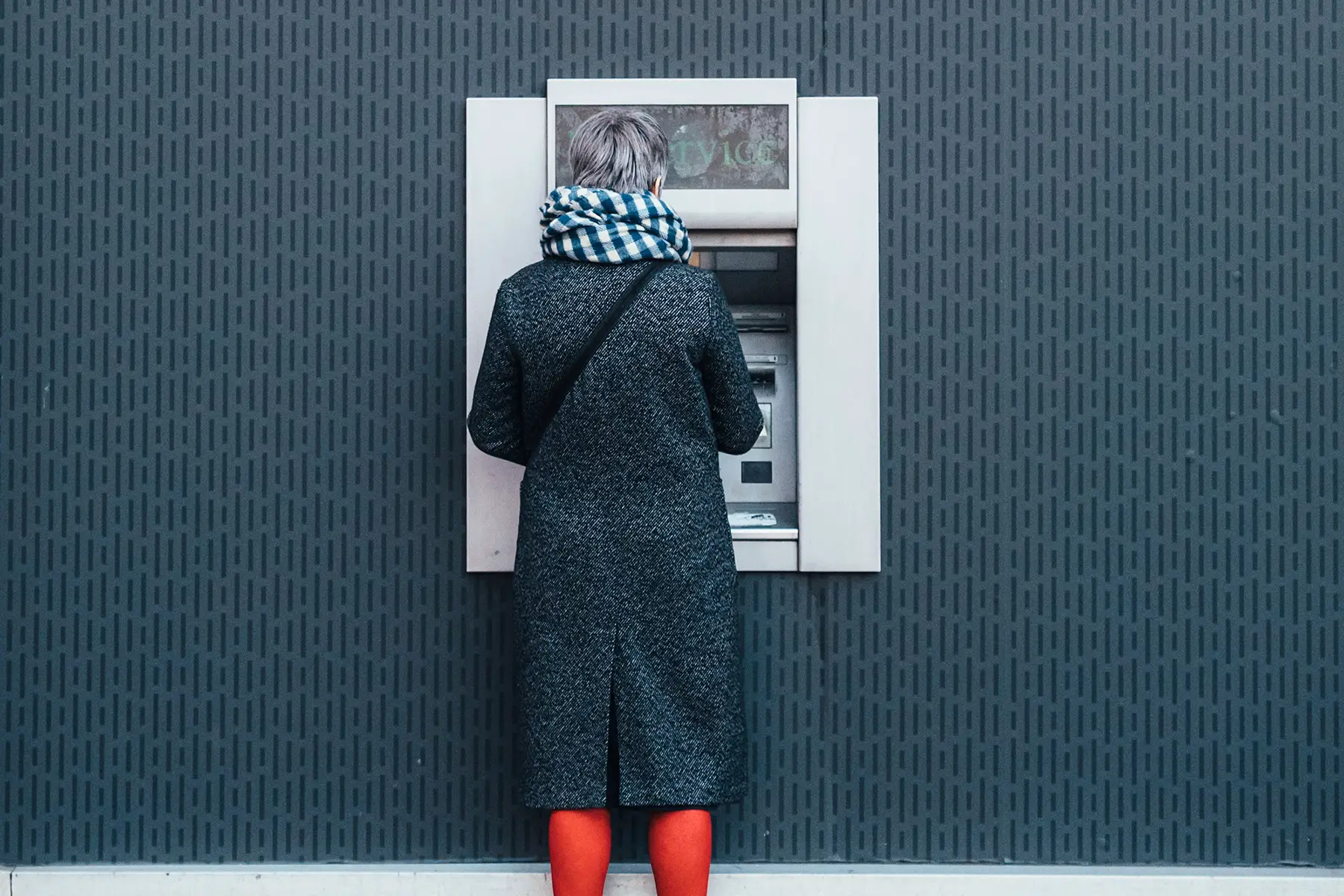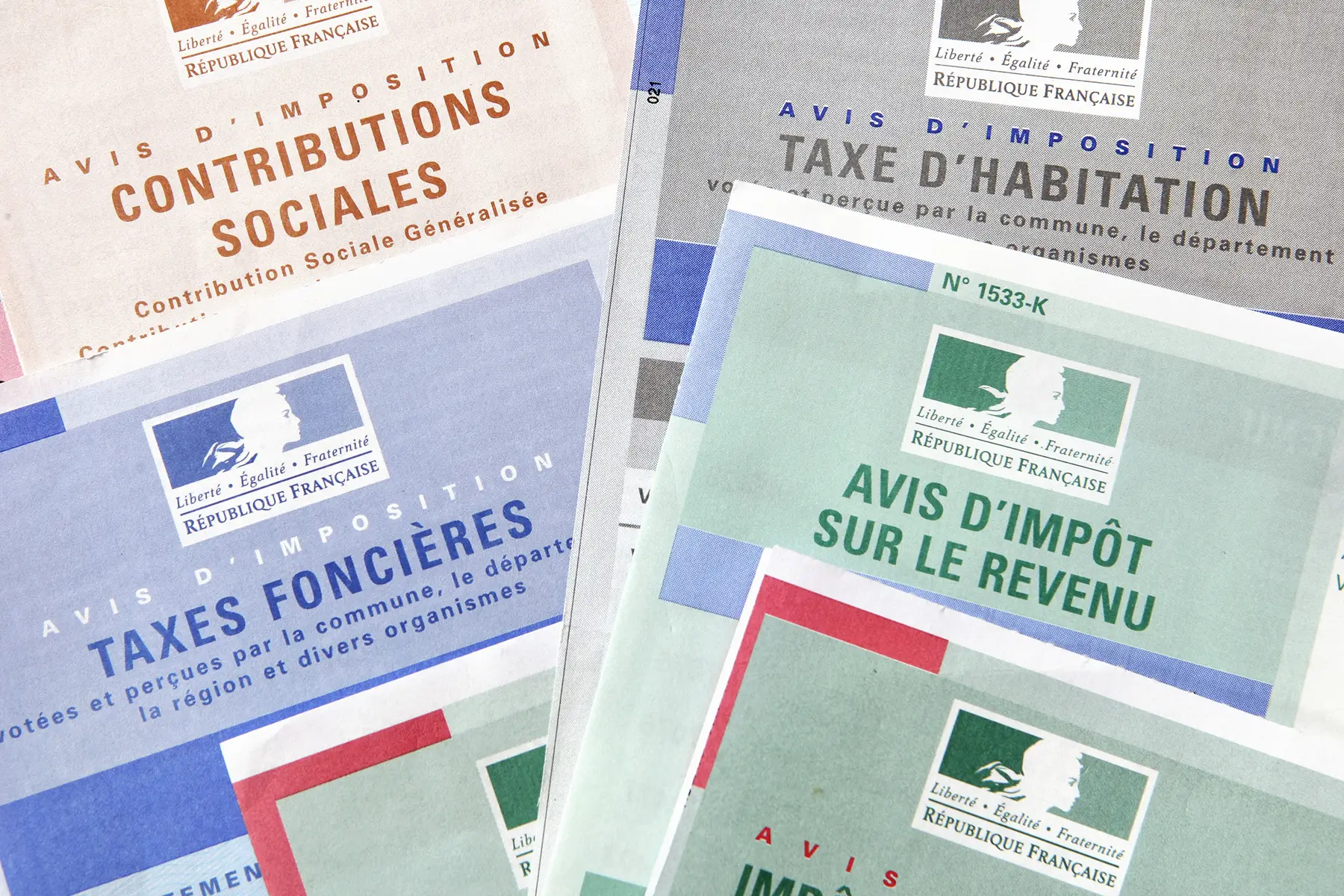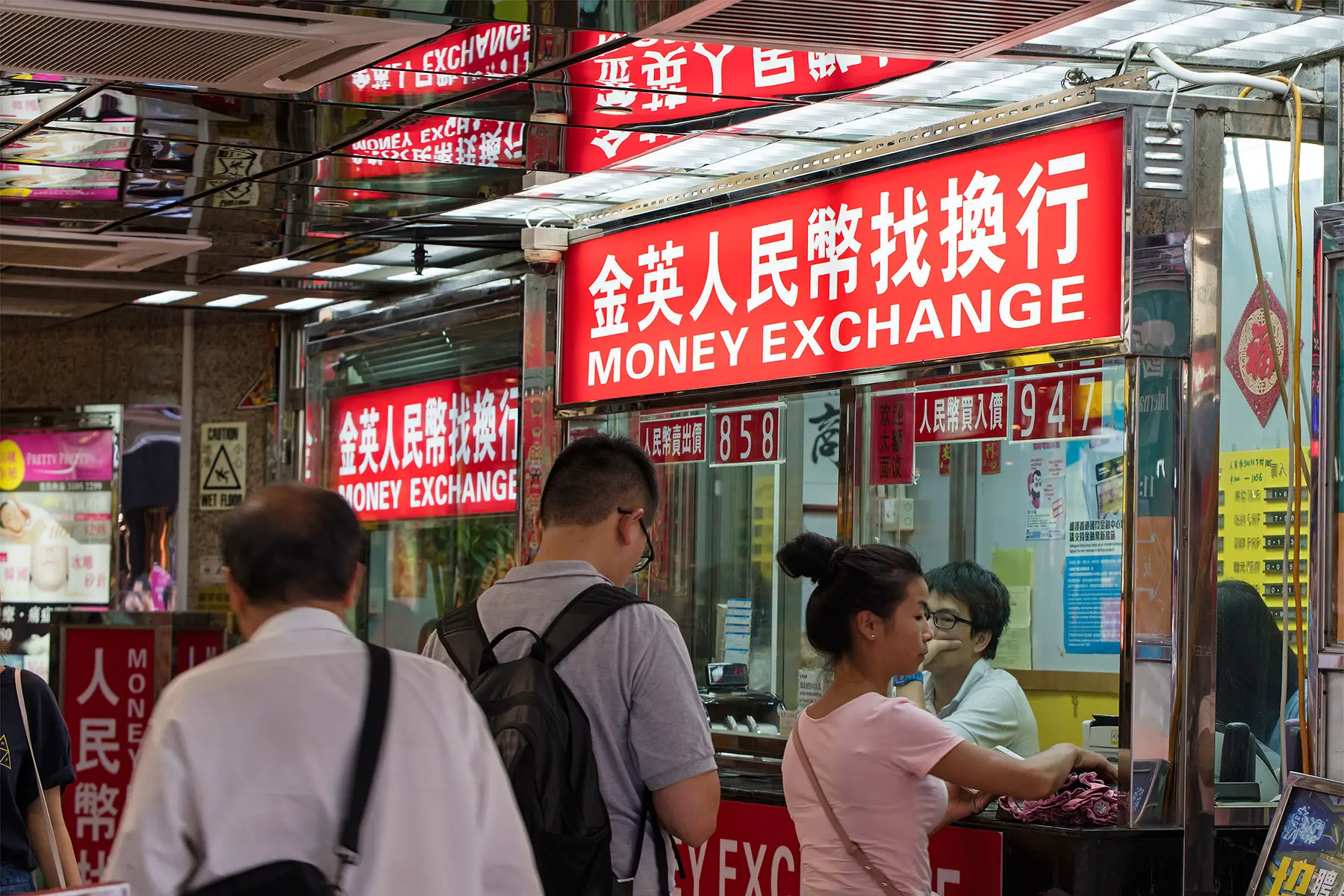Moving to France means living in a European cultural and financial hub. The country’s vibrant economy attracts workers and business people from all over the world. This means large amounts of money flow into and out of the country every day.
As such, there are plenty of options for international money transfers in France. Aside from the country’s four big banks, there are other services considered safe and reliable for money transfers in France. These are outlined below, under the following topics:
Wise
Looking for an easy way to move money in France? Look no further than the easy-to-use global money transfer platform Wise. You can also take advantage of their multi-currency account, letting you make and receive payments securely and without hidden fees. Get Wise and get more from your money in France.
International money transfers in France
Being a part of Europe, France has both local and European Union (EU) authorities overseeing financial services in the country. All banking activity in France takes place under the authority of the French Central Bank (Banque de France), which is part of the Eurosystem, a federal system formed by the European Central Bank (ECB) and several national banks. These are in turn supervised by the European Banking Authority (EBA). The lead banking regulator in France is the Prudential Supervision and Resolution Authority (Autorité de Contrôle Prudentiel et de Résolution – ACPR) which is a separate arm of the central bank.
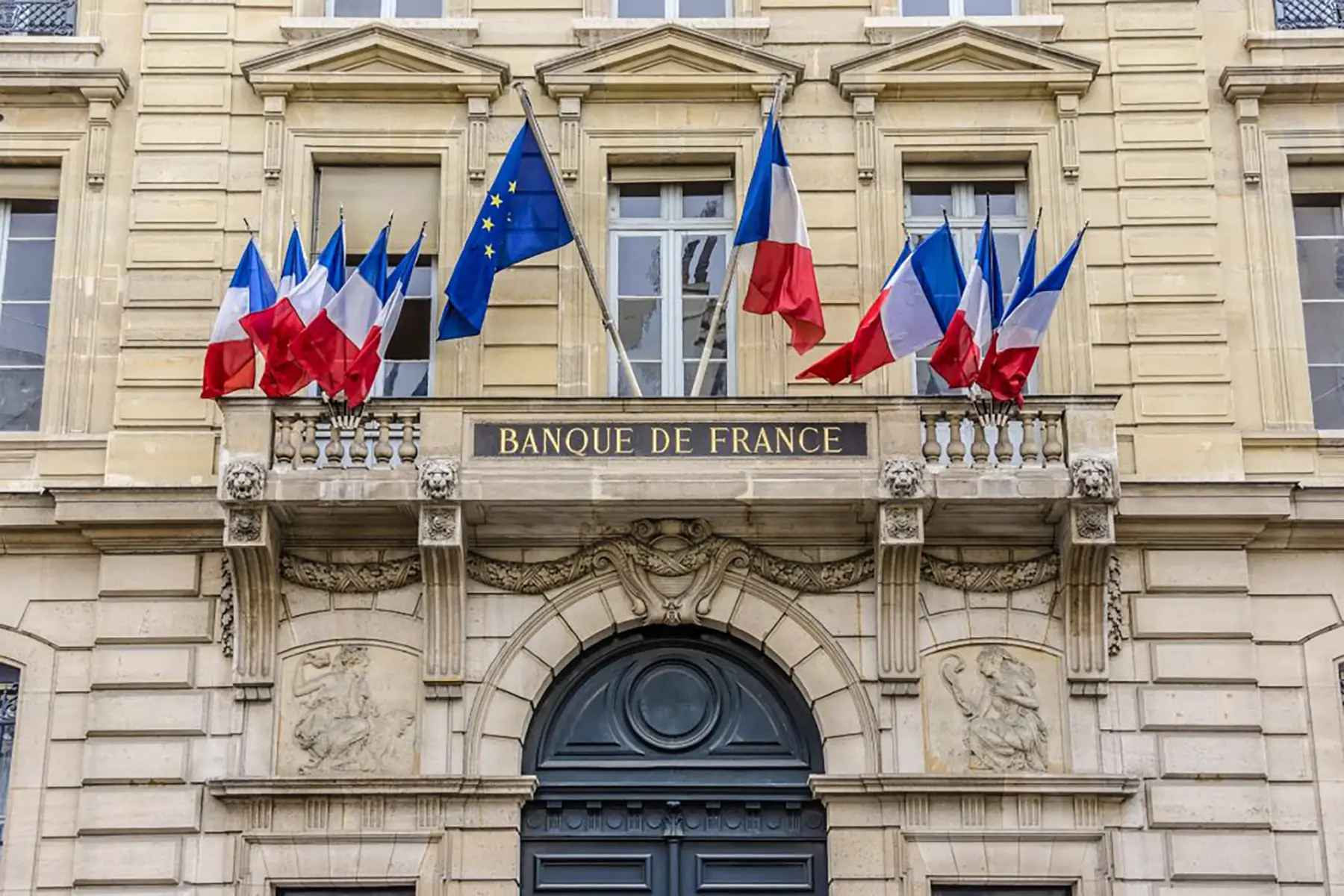
As a major European economy, France attracts talent from across the globe. Many expats also choose to retire in France. Whether working or enjoying their golden years, internationals make money transfers in France daily. The World Bank estimates that remittance inflows (personal transfers of money into France) totaled US$30 billion in 2022. That’s just shy of 1% of France’s GDP. Outflows were at US$14.4 billion, or 0.6% of GDP.
Online international money transfer services in France
Online money transfer providers in France, such as PayPal or OFX can bring some advantages. If both you and your recipient have an account with the same provider, you can usually transfer money instantly online.
Fees vary between providers. For example, PayPal does not charge for personal domestic transactions that do not involve a currency conversion. However, for international transfers, PayPal charges a fee of 5% of the transaction amount. In 2022, the minimum fee is €1.99. If you need a fast, easy transfer, it may be worth the price. However, it is not the cheapest fee when it comes to larger transactions.
For international money transfers, some services could prove cheap and convenient, such as:
International money transfers in France by traditional bank
Most people first think of their bank when sending money abroad. Bank transfers are an easy option, but they are not always the most cost-effective or convenient method. On the upside, bank-to-bank transfers are known for being highly secure. However, as banks also offer a full range of financial services they can’t offer the same amount of support and focus as dedicated money transfer services in France.
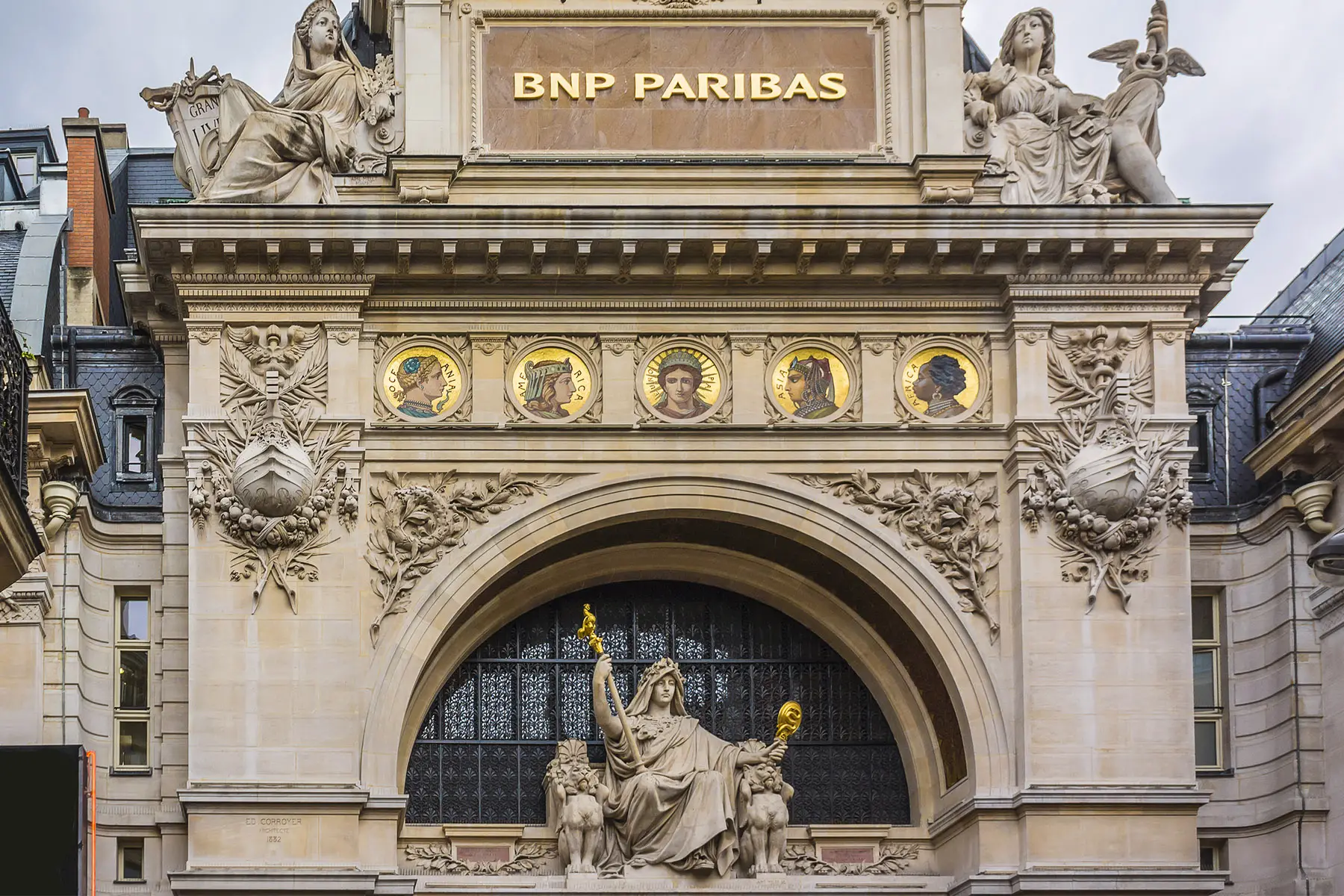
This can also mean that banks have less competitive exchange rates or higher transfer fees than dedicated foreign exchange brokers. This is because the latter can offer better deals due to a high volume of money transfers in France. Some retail banks are known to charge more than €30 in fees, and their exchange rates are not transparent, incorporating a five to 7% margin on top – yet another hidden fee.
International bank transfers are possible online, in a branch, or via phone. These transfers clear within a few days.
Transfers outside EU/EEA
Euro bank transfers within Europe can qualify for the Single Euro Payments Area (SEPA) agreement, which treats these international transfers the same as domestic transfers. Be sure to check your bank for specific details.
Keep in mind that money transfers from France to countries outside the EU/European Economic Area are more expensive. This is because banks in France are free to apply their own tariffs in this regard. Be sure to check what the charge rates are with your French bank before you sign, stamp, or blood oath on anything. Transfers typically take around three to five working days.
Cost of international bank transfers in France
In terms of specific banks, the comparison site International Money Transfers has outlined some of the basic rates you can expect when transferring money through one of France’s big four banks.
- Crédit Agricole – €54.70 to €66.70 (plus a debit fee, SWIFT fee, and foreign exchange commission)
- BNP Paribas – €24.50 to €104.50 (plus transfer fee, foreign exchange commission, and reception costs)
- Société Générale – €29 to €90 (plus foreign exchange commission and correspondent fee)
- Caisse d’Épargne – €52.45 minimum (plus 0.1% direct debit fee, correspondent fee, and 0.05% foreign exchange commission)
Keep in mind that French banks are free to set their rates and that these can vary over time and between the larger and smaller, regional, banks.
How long do international bank transfers take in France?
France uses SWIFT (Society for Worldwide Interbank Financial Telecommunications) – a global initiative to speed up international transactions. You can generally expect sums to appear in a recipient’s account in one to three days. However, in some circumstances, it can take as long as 10. This depends on which countries the transactions involve and the type of normal activity on your account.
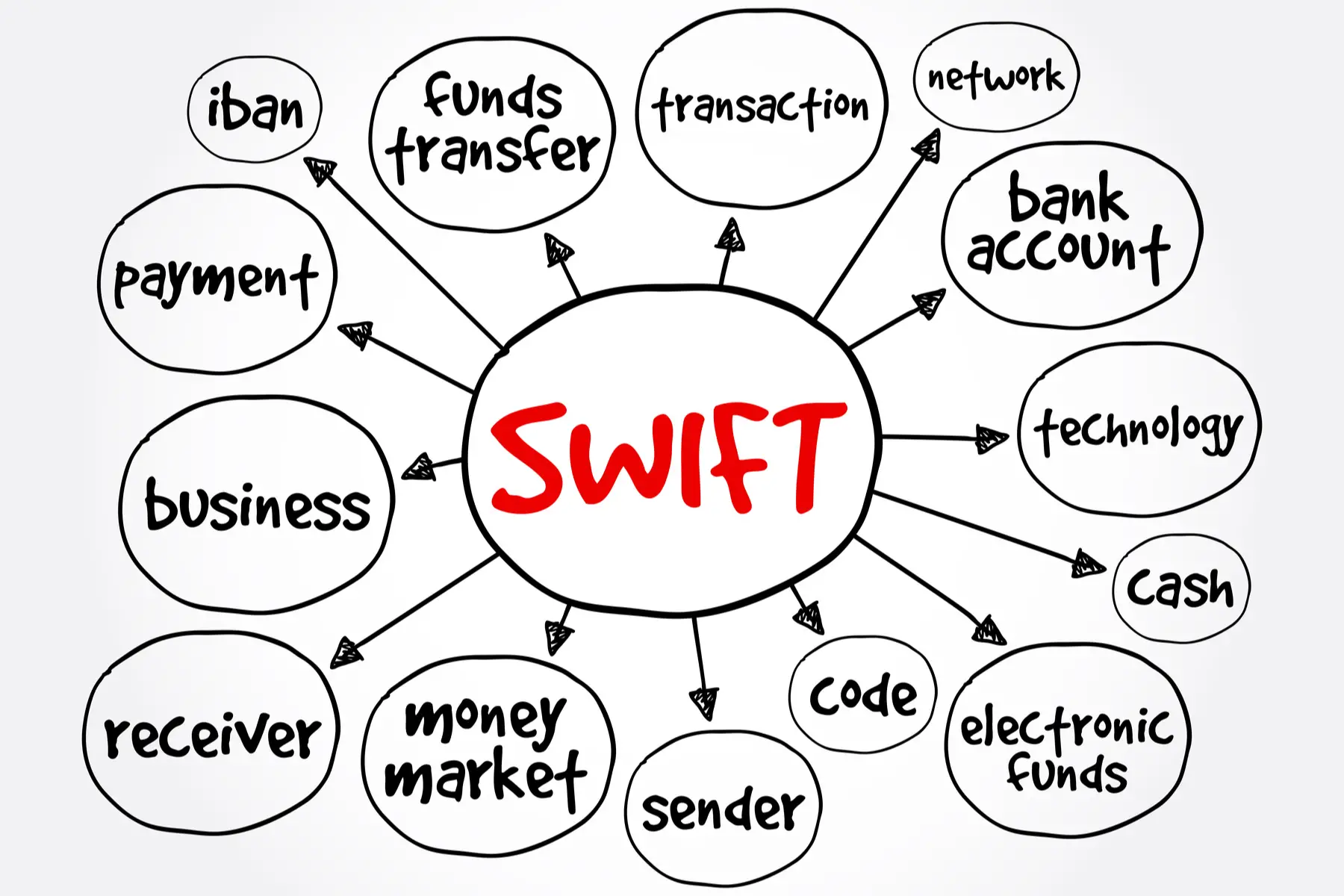
If your transfer is taking place within the EU, then you benefit from SEPA. It should take only a day for your transfer to reach the account of the recipient.
How to make an international money transfer by bank
There are certain details you will need if you hope to make an international money transfer in France through a bank.
You will need:
- The recipient’s full name – exactly as it appears on their bank account.
- A SWIFT code or sometimes a Business Identifier Code (BIC).
- The International Bank Account Number (IBAN) of the account you want to credit.
Most French banks will simply require you to have your account card and to know your pin when you’re making the transaction at the branch. However, some banks will ask for a photo ID and proof of address.
How to receive an international money transfer in France through a bank
Before you can receive an international payment, you’ll need to provide the sender with some details, including your IBAN which will be on your bank statement. It might also be on your card.
You’ll also need to provide the BIC. It’s different for every banking institution, so search online for your specific one.
- Your sort code – unless you’ve provided your IBAN
- Account number – unless you’ve provided your IBAN
- Your full name
- Your address
- The amount and the currency you’d like to receive the payment in
You and the sender need to agree on who pays the charges if the money transfer into France comes from outside of the EEA.
International money transfers via online and mobile banking in France
The growth of digital banking has been one of the most significant financial trends in Europe in recent years. France, one of Europe’s largest economies, has seen a big shift towards online banking. Most French banks now advertise digital services. New challenger banks have also entered the market. Like bunq a mobile-only bank that offers services to expats in Europe.

Many of the big banks offer digital as well as in-person services. This reflects the increase in online and mobile banking in France. According to Eurostat figures for 2021, 72% of people in France use internet banking, above the EU average of 58%. Mobile banking is also on the rise, by 2020 two-thirds of people downloaded their bank’s mobile application. And 40% of them use their banking app every day or every second day.
There are a variety of mobile banking options in France, including:
- Popular national banks such as BNP Paribas, Société Générale, and CIC all offer mobile services and apps.
- Online or digital banks such as bunq, N26, and Revolut offer several language options, including English.
- Communications providers such as Orange, Apple, and Android now offer e-wallet and payment services.
Money transfer service charges
Charges for money transfers in France are cheaper on average with digital or mobile banks. However, you will need to check with individual providers and shop around as French bank account costs can vary considerably.
Some accounts with mobile-only banks are available for free, however, more advanced plans come with a monthly fee attached. Many mobile banks offer global ATM withdrawals, P2P payments, and international money transfers either free or low cost. Some limit the number of free transactions per month, however.
Most of the main mobile payment apps used in France don’t charge fees for general payment services. There may be costs for services such as instant transfers to some accounts, payments to foreign currency accounts, or payments above a certain limit.
Wire transfers in France
Many people are familiar with international money transfer operators such as Western Union. These international wire transfers are particularly useful when a recipient doesn’t have access to a bank account, is in a remote area, or needs cash quickly. One example is in the case of a stolen wallet, where the recipient needs immediate funds.
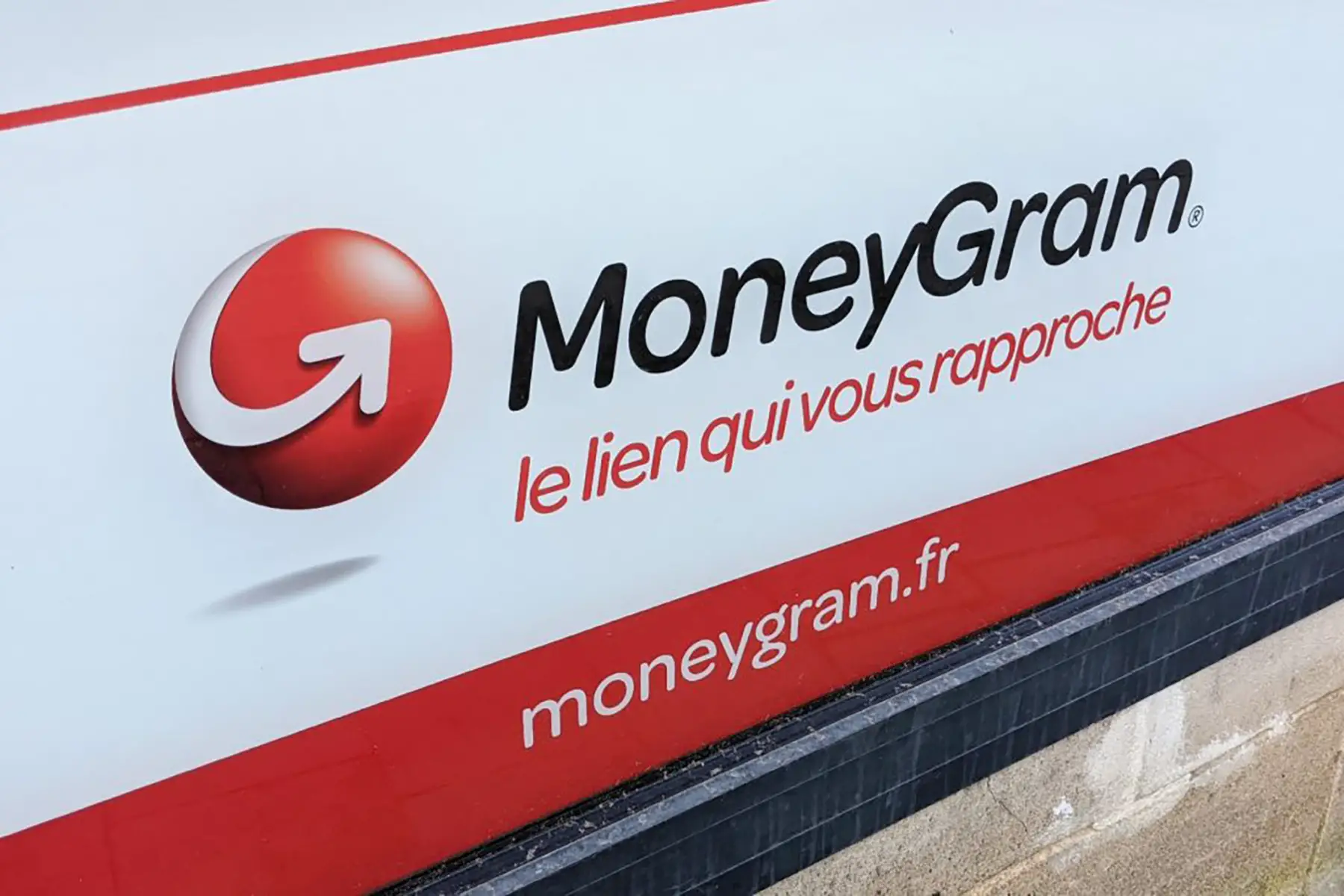
Money transfer operators can be convenient because you can typically transfer money online, via the phone or in-store in a matter of minutes or hours. However, fees for fast, worldwide delivery can be higher than other options. In addition, the cost may increase depending on the amount of money you send. Money transfers can cost up to 5% or more of the transfer amount, and again this varies depending on the amount you are looking to transfer. Some wire transfer services offer deals and calculators to show estimated costs, but they don’t necessarily use the mid-market exchange rate.
Both Moneygram and Western Union have a strong presence in France and can be considered trustworthy outlets. However, if you’re simply using a newsagent or shop that offers the service as opposed to a dedicated Western Union or Moneygram outlet, make sure they have the official signage of one of the two before handing any cash over.
How wire transfers work
For wire transfers to work it is vital that you fill out the paperwork properly. You will need to state all your important details (name, address, contact info, and passport number being the most crucial) and the details of the recipient (passport number isn’t required here).
You and the intended recipient need a valid ID to first send and then receive the money. This is very important, they simply won’t give the cash out if you don’t have a proper, valid ID.
The reference code
The final detail, that is so important that we’ve dedicated this little section to it, is ‘the number’. Your money transfer in France will fail if you don’t remember this. Fill in your paperwork and hand over your money, you’ll get a reference code. This code is everything. Check this code before you leave the store. Many birthdays, nights out, and rent payments have been missed because the reference number has been written down or communicated incorrectly.
You will need to give the reference number to the intended recipient. It will have to match perfectly. One wrong number or letter and you might as well have thrown the money into the sea as an offering to Poseidon.
If you are the recipient, make sure you check the code with the sender. Get that right and the money’s ready for collection. Get it wrong and you won’t receive a cent.
Wire transfer fees
Western Union has a handy fee table, Ria has a price calculator. Moneygram will give you a fee estimate from their web portal if you enter the amount you’re sending and the country it’s going to. All transfers are done and dusted as soon as you get the receipt in your hand, that goes for all three.
Foreign exchange brokers in France
Some foreign exchange brokers also offer money transfers in France. However, before you use any broker, look online for the mid-market rate, also known as the interbank rate. This is the real exchange rate that banks use to transfer money between themselves and serves as a good guide. You can find it on Google Finance, Reuters, and XE, among other sites so that you know the exchange rates and know what you should expect.
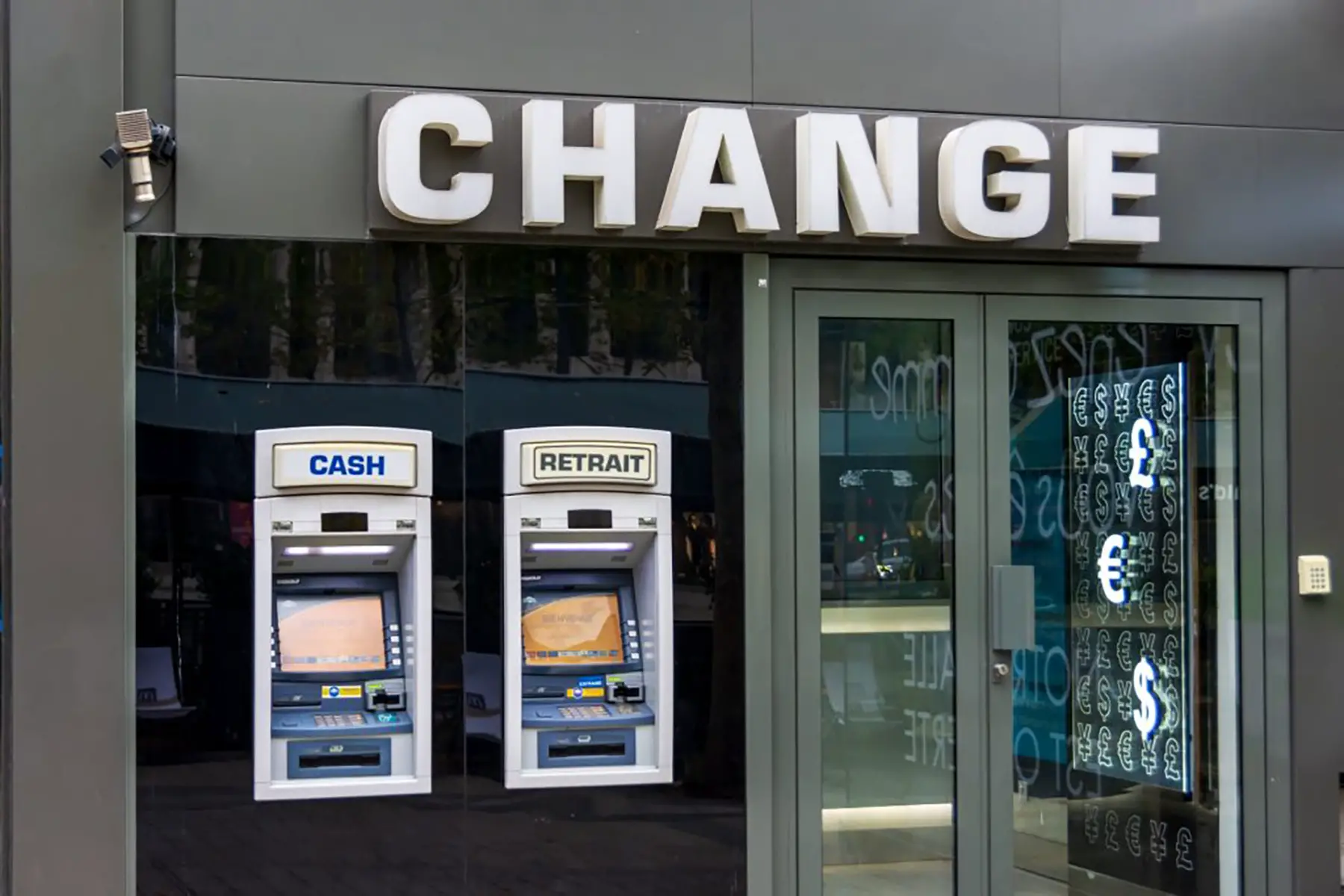
Foreign exchange brokers, or bureaux-de-change, can be found throughout France. Some travel sites caution against using foreign exchange kiosks in ports, airports, ferries, and other traveler-oriented locations. This is because they frequently take substantial commissions, or use an exchange rate that is well below the official rate.
How money transfers work at forex brokers
Some forex brokers, like RIA in France, allow you to go to an outlet or transfer money online and through their app. In this sense, they work much the same as wire transfer companies. Bureau de change can also act as agents for global money transfer companies. For example, Change Canebiere in Marseille is a local agent for GlobalTransfert.
So how does it work?
Sending and receiving an international money transfer at a forex broker is much the same as doing it with a wire transfer company. There will be slight variations between individual businesses but they should generally follow a similar process as outlined by Change Canebiere below.
To send money:
- Go to the transfers counter at the forex office.
- Provide your valid ID and the amount you intend to send.
- Pay the transaction fees.
- The cashier will give you a form to sign and the very important money transfer control number (MTCN). Check this number before leaving the store.
- Send (SMS) the MTCN number to the beneficiary/recipient.
- The money can be collected almost immediately from the nearest partner payment points in the recipient’s location. Or you can send it to their bank accounts (though this takes longer).
Receiving money transfers through a forex broker is simple. The recipient presents the MTCN number at a local branch/payment partner. You will need a valid ID. The money should be available no later than 20 minutes after being sent.
Remember, be sure to read all documentation thoroughly. Bonne chance (good luck)!
